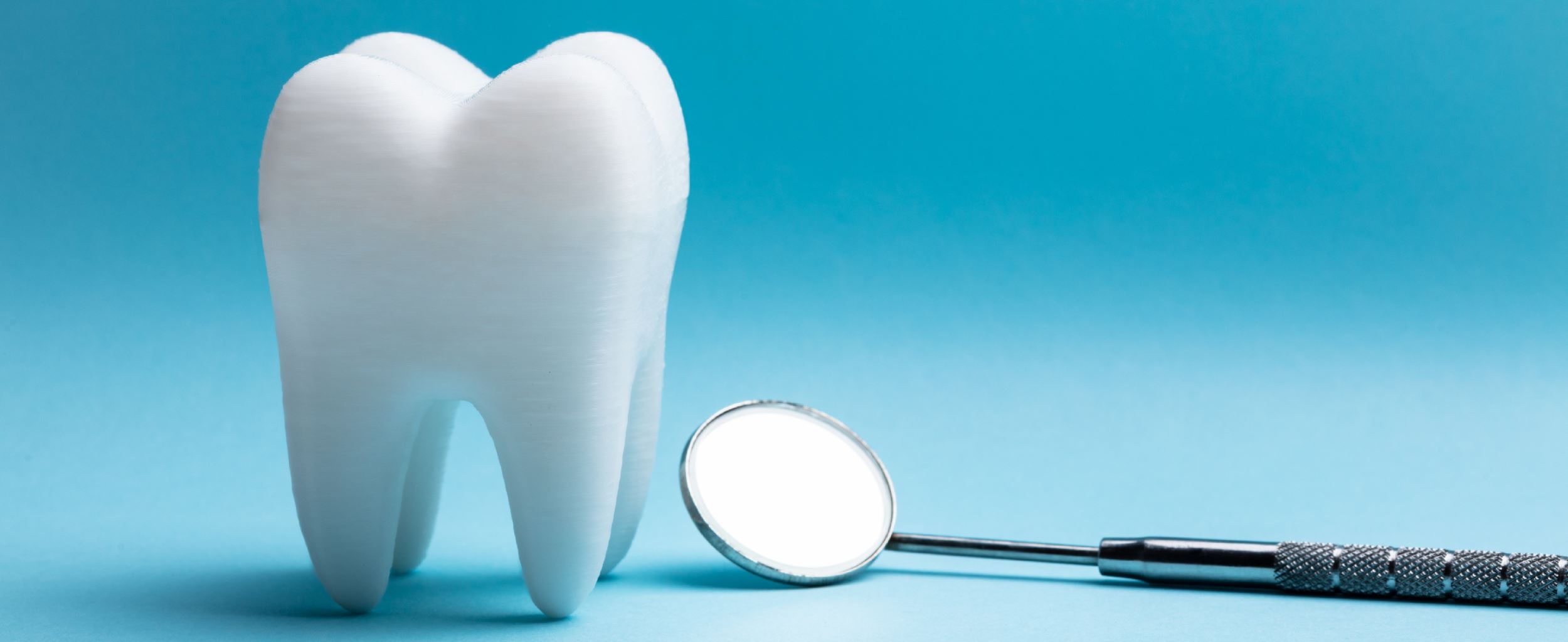Q&A with Dr. Jeff: What to expect during a tooth extraction procedure
Posted on May 2, 2024 in Healthy You

A dental extraction is a procedure that involves the removal of one or more teeth. If you are facing a tooth extraction, this Q&A with Dr. Jeffrey Chaffin, Chief Dental Officer at Delta Dental of Iowa, will help you prepare for what’s to come.
Q: What are the different types of dental extractions?
Dr. Chaffin: Extractions, or the removal of teeth, can be broadly categorized as either simple or surgical.
A simple extraction is straightforward without any expected complications. In a simple extraction, the tooth is fully erupted (visible outside of the gum) into the mouth and can be removed easily. Normally, there are no stitches placed after the tooth removal.
A surgical extraction is needed when the removal of the tooth is more complex. Sometimes, the tooth is not fully erupted into the mouth and the gum tissue must be turned back. In some cases, the surrounding bone may need to be removed to allow the removal of the tooth. Sometimes, surgical extractions may involve sectioning the tooth into multiple pieces to allow for removal. Another type of surgical extraction involves a broken down tooth. Surgical extractions normally involve stitches after the surgery to allow better healing.
Q: What can I expect during the extraction itself?
Dr. Chaffin: Whether a simple or surgical extraction, the dental provider will ensure that you are comfortable. Teeth can be removed with local anesthesia, which is an injection in the area the tooth is being removed. When there are multiple teeth to be removed, or the surgery is more complex, the surgeon will often recommend a deeper sedation, like intravenous (IV) sedation. For this type of sedation, you are put to “sleep” with medicine placed in the IV.
For more severe cases, general anesthesia may be an option. With general anesthesia, you are not conscious, and it is a deeper “sleep.” The anesthesia options are largely up to you, but the type of anesthesia used may be decided by the complexity of the extractions as well. Talk to your dentist about what is the best option for you.
Q: What should I expect in terms of recovery time?
Dr. Chaffin: Recovery time from an extraction can vary depending on how many teeth were removed and the complexity. In general, most patients need to change their diet for 7-10 days, with full healing of the dental socket (extraction site) taking about 3 weeks.
Q: What are the best ways to care for the extraction site to ensure proper healing and lower the risk of complications?
Dr. Chaffin: The surgeon will provide detailed recovery instructions, which you should closely follow. Immediate pain relief with a prescription or over-the-counter pain reliever will be offered. Antibiotics are normally not necessary for a dental extraction, but they could be prescribed when an infection was a reason for the tooth removal in the first place.
You should take it easy for a few days with no heavy activity and drink plenty of water. A diet of soft foods is recommended for a few days, and you should avoid things like smoking, drinking through a straw and swishing liquids throughout your mouth.
Q: Are there potential risks or complications associated with tooth extractions?
Dr. Chaffin: A blood clot will form in the extraction site, which is important to help the site heal. You will want to avoid doing things that may irritate or dislodge that clot, as it will delay the healing and can also be painful. If the clot is lost early, the bone can be exposed — that is called a dry socket. Smoking is a big risk factor in developing a dry socket.
Q: What signs should I watch for that might mean potential problems?
Dr. Chaffin: In rare cases, severe pain and infection are two things that can happen after an extraction. If you have excessive pain, have a fever or see pus oozing in the surgical area, contact your doctor right away.